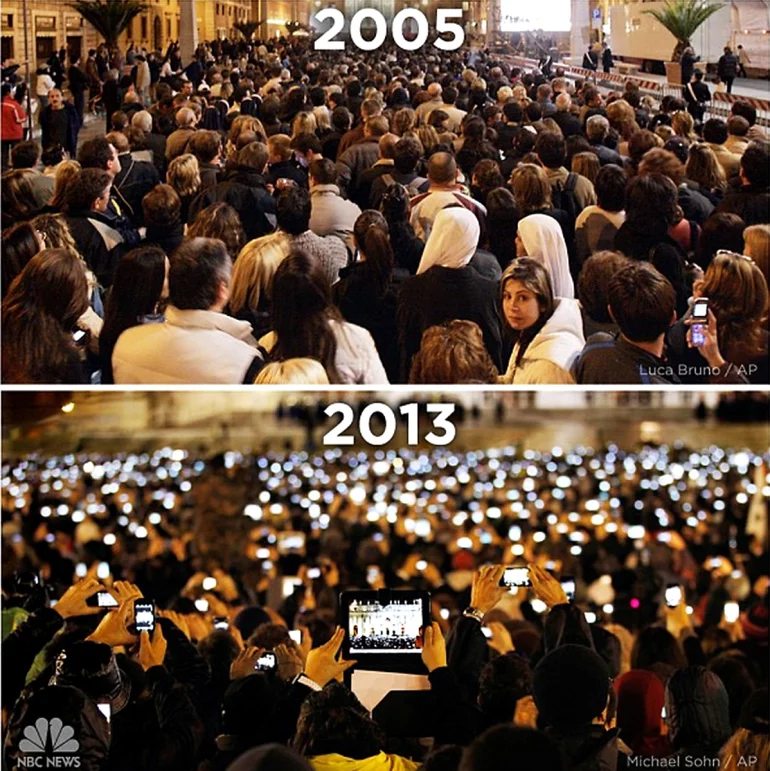
The digital age has fundamentally reshaped how we engage with entertainment, and the gambling sector is no exception. Mobile gambling, once a niche concept, has exploded into a global phenomenon, offering unparalleled convenience and accessibility. This article from Casinoz will explore mobile gambling, its defining features, advantages, disadvantages, and what the future holds for this rapidly expanding industry.
Introduction to Mobile Gambling
Mobile gambling refers to any form of wagering activities conducted via mobile devices such as smartphones and tablets. This includes mobile casino games, sports betting apps, poker, lottery, and bingo. The sheer ubiquity of mobile phones, coupled with advancements in mobile technology and internet connectivity, has made mobile gambling a dominant force in the online gambling arena.
It allows players to access their favorite casino games or place bets on sporting events anytime, anywhere, transforming the traditional gambling experience into a portable and immediate one. From waiting in line to commuting, entertainment is always at your fingertips.
History of Mobile Gambling
The roots of mobile gambling can be traced back to the early 2000s, though the initial offerings were basic due to technological limitations.
Early Days and WAP Technology
The very first attempts at mobile gaming utilized Wireless Application Protocol (WAP) on first-generation Nokia phones. These were rudimentary, often featuring simple downloadable games without real-money wagering capabilities, or only allowing payment for the app itself.
The Smartphone Revolution
The true turning point arrived with the advent of smartphones and the launch of iOS (2007) and Android (2008). The introduction of app stores (Apple App Store in 2008 and Google Play in 2009) revolutionized mobile content distribution. Game developers could now directly offer their creations to a vast audience. Early popular mobile games like Texas Hold'em demonstrated the immense potential for mobile casino apps.
Legalization and Growth
As mobile technology advanced, so did the regulatory frameworks. The UK's Mobile Lottery launched in 2003, marking an early step towards regulated mobile wagering. Over the years, more countries and states began to legalize and regulate online and mobile gambling, leading to a significant surge in market growth. By the early 2010s, major casino operators started offering dedicated mobile platforms, recognizing the shift in user preference.

Features of Modern Mobile Gambling Platforms
Today's mobile gambling platforms are sophisticated and feature-rich, designed to provide a seamless and engaging user experience.
- Mobile-Optimized Interfaces: Websites and dedicated apps are specifically designed for smaller screens, ensuring intuitive navigation and responsive design.
- Wide Game Selection: Players can access a vast array of games, including:
- Pokies: Classic, video, and progressive jackpot pokies with diverse themes.
- Table Games: Blackjack, roulette, baccarat, and various poker versions.
- Live Dealer Games: Real-time streaming with professional dealers, mimicking a physical casino setting.
- Sports Betting: Extensive markets covering global sports events.
- Lottery and Bingo: Digital versions of popular draw and number-based games.
- Secure Payment Methods: Integration of numerous secure deposit and withdrawal options, including credit/debit cards, e-wallets (PayPal, Skrill, Neteller), mobile payment options (Apple Pay, Google Pay), and increasingly, cryptocurrencies.
- Bonuses and Promotions: Mobile-specific bonuses, welcome offers, free spins, and loyalty rewards are common incentives.
- Enhanced Security: Reputable platforms employ advanced encryption technologies (like SSL) to protect user data and financial transactions.
- 24/7 Accessibility: Play anytime, anywhere with an internet connection.

Pros and Cons of Mobile Gambling
While mobile gambling offers significant advantages, it also comes with certain considerations.
Pros
- Unmatched Convenience: Play from any location at any time, eliminating the need to visit physical casinos.
- Accessibility: Smartphones are widely owned, making mobile gambling readily available to a broad audience.
- Variety of Games: Access to thousands of games that might not be available in land-based casinos.
- Exclusive Mobile Bonuses: Many platforms offer special promotions tailored for mobile users.
- Faster Transactions: Often quicker deposit and withdrawal processes compared to traditional methods.
- Practice Mode: Many mobile casino games offer free-play versions, allowing players to practice without risking real money.
Cons
- Potential for Addiction: The constant accessibility can increase the risk of problem gambling for some individuals.
- Internet Dependency: A stable internet connection is crucial for uninterrupted gameplay, especially for live dealer games.
- Screen Size Limitations: Smaller screens can sometimes impact the immersive visual experience compared to desktop gaming.
- Security Risks (if unregulated): Playing on unlicensed or untrustworthy platforms can expose personal and financial information.
- Distractions: Mobile devices can lead to more impulsive betting due to constant notifications and immediate access.
Trends in Mobile Gambling
The mobile gambling sector is constantly evolving, driven by technological innovations and changing consumer preferences.
Emerging Technologies
- 5G Connectivity: Faster speeds and lower latency will enhance live dealer experiences and enable more graphics-intensive games.
- Virtual Reality (VR) and Augmented Reality (AR): These technologies are beginning to create more immersive experiences, allowing players to virtually "step into" casino environments.
- Artificial Intelligence (AI): AI is used for personalized game recommendations, enhanced customer support (chatbots), and advanced fraud detection.
- Blockchain and Cryptocurrency: Integration of cryptocurrencies offers secure, transparent, and often faster transactions, appealing to tech-savvy players.
Market Developments
- Increased Gamification: Incorporating elements from video games like levels, achievements, and storylines to boost engagement and retention.
- Social Gaming Features: More emphasis on interactive features that allow players to connect and compete with friends.
- Stricter Regulations and Responsible Gaming: Governments and regulatory bodies are implementing more stringent rules to ensure fair play and promote responsible gambling practices, often utilizing AI to detect problematic behavior.
- Global Expansion: As more regions legalize and regulate online gambling, the market continues to expand geographically, requiring localization of services.
Here are reliable online casinos with quality mobile versions.
Conclusion
Mobile gambling has undoubtedly transformed the betting world, offering unprecedented convenience and a vast array of entertainment options. Rapid technological advancements and a shift in consumer behavior towards on-the-go entertainment fuel its continuous growth.
While it presents numerous benefits, responsible gaming practices remain paramount to ensure a safe and enjoyable experience for all. As the industry continues to innovate, the future of mobile gambling promises even more immersive and personalized experiences for players worldwide.



















